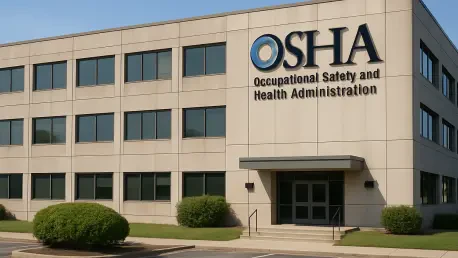
The workplace has increasingly become a focal point for addressing mental health challenges, highlighting its critical importance in today's work environment. As industries recognize the profound impact of mental health on employee well-being and productivity, organizations like the National

In the intricate world of employment law, Sofia Khaira stands out as a specialist in fostering diversity, equity, and inclusion. With a robust background in talent management and development, her insights help guide businesses toward more inclusive work environments. In a recent case of Murphy v.

Navigating employee exits is an essential part of human resources, where aligning strategic goals with empathy can significantly impact an organization's reputation and success. Successfully managing these exits involves not only legal and logistical planning but also demonstrating genuine care and

Imagine a workplace where fairness and equality aren't just ideals but realities, ushered in by the UK's Employment Rights Bill. This potential shift in UK employment laws promises a profound transformation in employer-employee dynamics, setting the stage for a new era in workplace relationships. A

In a significant move towards reducing administrative burdens and enhancing efficiency, the Occupational Safety and Health Administration (OSHA) has embarked on a deregulatory agenda under the auspices of Executive Order 14192, "Unleashing Prosperity Through Deregulation." This initiative aligns

Pre-employment medical screenings are a common practice, intended to ensure candidates are suitable for the physical and mental demands of specific roles. However, when these inquiries become excessively intrusive or irrelevant, they can cross boundaries and violate privacy rights and employment